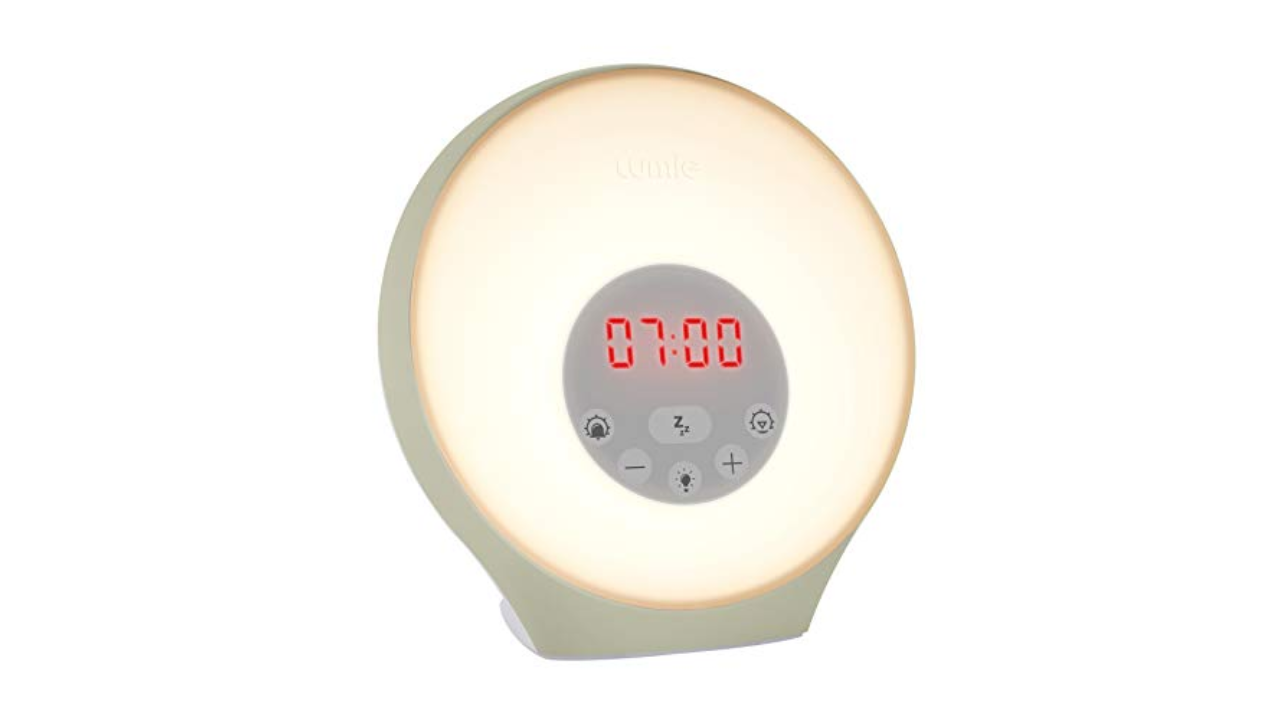Nine ways to improve your mental health in winter
Commonly referred to as the "winter blues" or "winter depression", seasonal affective disorder (SAD) impacts one in 20 people in the UK. It also primarily affects men more than women.
Owing to the bad weather and the darker, shorter days this time of year, our mood can be altered. Sunlight influences the hypothalamus part of the brain, which is in turn responsible for melatonin and serotonin production, and our internal body clock or circadian rhythm. So without it, we can find ourselves in a low mood and with a disrupted sleep pattern.
According to BACP-registered therapist Rochelle Armstrong, SAD is characterised by recurring episodes of depression that coincide with specific seasons, most commonly during winter. She says that typical symptoms include: low energy, changes in sleep patterns, weight gain, feelings of hopelessness, difficulty concentrating and a loss of interest in activities once enjoyed.
The NHS also says that people suffering with SAD may experience irritability, have difficulty concentrating, and may also have a lower sex drive.
Those struggling with their mental health in the autumn/winter months and those who suspect they might be suffering with SAD should contact their GP for medical advice. There are also other methods and techniques you can adopt to help keep the blues at bay.
Nine ways to improve your mental health this winter
Increase the amount of natural daylight you receive
Armstrong says it’s important to spend time outdoors during daylight hours – even on cloudy days. Natural light can have a positive impact, because it increases serotonin (the chemical in our brains that help boost our mood) and melatonin (the hormone that regulates the body’s wake-sleep cycle).
It isn’t just about daylight, though. This year, the World Wide Fund for Nature (WWF) launched its Daily Dose of Nature campaign, which outlines how spending just 20 minutes with nature per day can help bolster our mental health.
It says that there is evidence that accessing and engaging with natural environments reduces stress, anxiety, psychological restoration, improves mood and life satisfaction, improves self esteem and confidence, and improves emotional regulation.
Stay active
"Physical activity can boost mood and reduce symptoms of depression," says Armstrong. "Aim for at least 30 minutes of moderate exercise most days of the week."
Try light therapy
Armstrong says: "One of the most common treatments involves using a light box that mimics natural sunlight, helping to regulate your circadian rhythm." These are sometimes called 'SAD lamps'.
According to Harvard Health, light therapy works best if you use the light box for 30 minutes a day – ideally when you first wake up. While you should have your eyes open during the process, avoid looking at the light box directly. Its experts also warn against using a light box if you have bipolar disorder, as it can trigger hypomania or mania.
Maintain a routine
"Establish a daily routine to provide structure during the darker months," Armstrong adds. "Wake up and go to bed at the same time each day and incorporate enjoyable activities into your schedule."
Take vitamin D supplements
A 2020 study found that low vitamin D levels can contribute to more severe fibromyalgia symptoms, as well as anxiety and depression. By taking supplements this time of year, you can help counteract a vitamin D deficiency due to the decreased daylight.
Reduce your alcohol and caffeine intake
Alcohol and caffeine can also be potential triggers. The former affects our brain chemistry, not only increasing the risk of depression, but also anxiety. Although alcohol can temporarily make us feel relaxed and at ease, this feeling is quickly dispersed and the next day, when hungover, our anxiety can get worse.
Likewise, too much caffeine can have a negative impact on our mood and wellbeing. It heightens anxiety and stress levels by increasing the secretion of cortisol and adrenocorticotropin (ACTH) in the body.
Think about your diet
Research has suggested that those who suffer with SAD tend to crave more carbohydrates – particularly sweets and starch-rich foods. While carbs are essential for serotonin production, some refined carbs and sugar can cause blood sugar levels to spike, having the adverse effect. Choosing healthy sources of carbohydrates, such as fruits, vegetables and whole grains is more beneficial.
Try mindfulness apps
There are a number of science-backed wellbeing apps available that can help you manage some of your symptoms. Headspace and Calm, for example, have breathing tools and resources to help manage your stress levels. They also have sleep stories and music designed to help you get a better night’s sleep.
Consider professional help
"If symptoms persist or worsen, seeking support from a mental health professional can provide valuable tools for coping with SAD and addressing underlying issues," Armstrong suggests.
Shop SAD lamps and alarm clocks
It emits a soft light and the alarm sound gradually gets louder, all to ensure you wake up slowly and well-rested.
This has been tried and tested by the Yahoo UK team - you can read the full review here.
Lumie Mini provides your daily dose of light therapy, allowing you to bring the benefits of sunlight indoors.
Upgrade your alarm clock with this sunrise clock that slowly brightens to wake you up gently. It also has a 30-minute sunset feature to help you relax at bedtime, and six different light colours ranging from red, blue, pink, orange and blue.
Simply set your alarm time, and the alarm clock light will gradually increase from 10% to 100% over 10 to 60 minutes.
The digital clock offers wake-up light gradually and has three alarm sounds to choose from, including soft music, bird and beep.
Read more about mental health
Pollution exposure linked to mental health hospital admissions, says study (The Guardian, 3-min read)
How to recognise when someone is having a psychotic break (Yahoo Life UK, 6-min read)
The most common mental health conditions - and where to get help (Yahoo Life UK, 4-min read)

 Yahoo Lifestyle
Yahoo Lifestyle 








